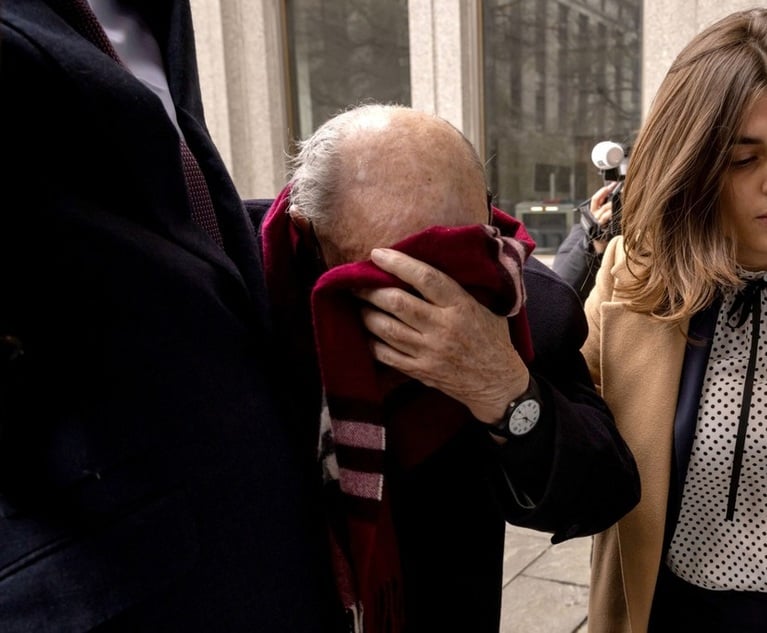Virtual currencies continue to gain acceptance in commercial transactions. As a result, financial institutions are beginning to accept such currencies as collateral for financings. However, Article 9 of the Uniform Commercial Code (UCC) falls short of providing adequate guidance on how to create or perfect a security interest in these currencies. This uncertainty, and the consequent risks to lenders, are further exacerbated by the lack of helpful case law and non-uniform state laws. Recognizing this problem, the Uniform Law Commission and the American Law Institute in 2019 organized the Uniform Commercial Code and Emerging Technologies Committee (the Committee) to consider changes to the UCC intended primarily to address “digital assets” (a term used but not defined by the Code drafters), such as some virtual currencies. This article examines the scope of UCC Article 9 with a focus on virtual currencies, taking into consideration issues of classification and perfection, but also how the Committee is attempting to tackle these unsettled issues by modifying existing provisions and, in some cases, adding new ones.
What Is Virtual Currency?
Broadly speaking, virtual currency is a currency available only in electronic form. Currencies can be a government-authorized medium of exchange (see the UCC definition of “money” in §1-201(a)(24)), or they can exist through a decentralized system, with no central administrator controlling the currency supply. Decentralized currencies, which include Bitcoin, are not generated or supported by any central bank or other government agency; instead transactions are recorded through ledger entries across decentralized computer networks known as blockchains. Once verified, the transaction information becomes part of a permanent and unchangeable “block.” Owners of the virtual currencies are able to transfer units of these currencies through the ledger system that records ownership and transfers, serving as a financial transaction database, which creates transparency among the various parties.


 Barbara M. Goodstein
Barbara M. Goodstein




